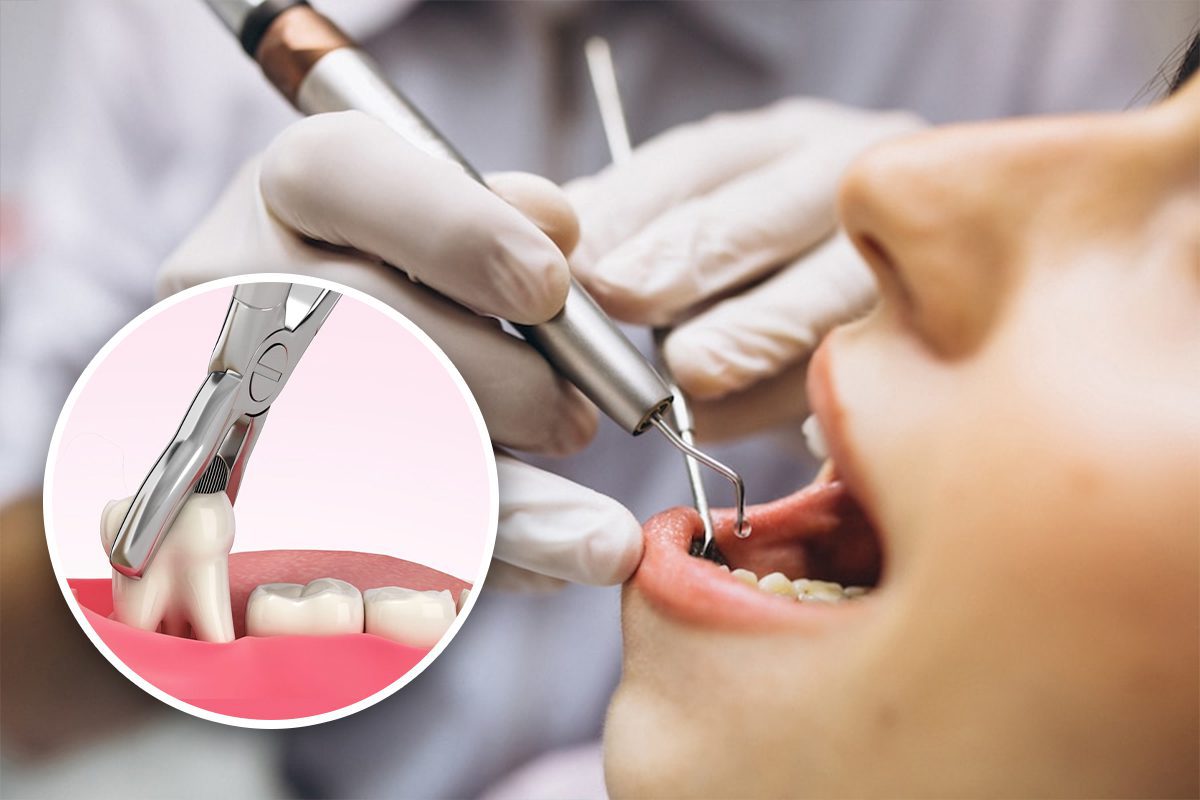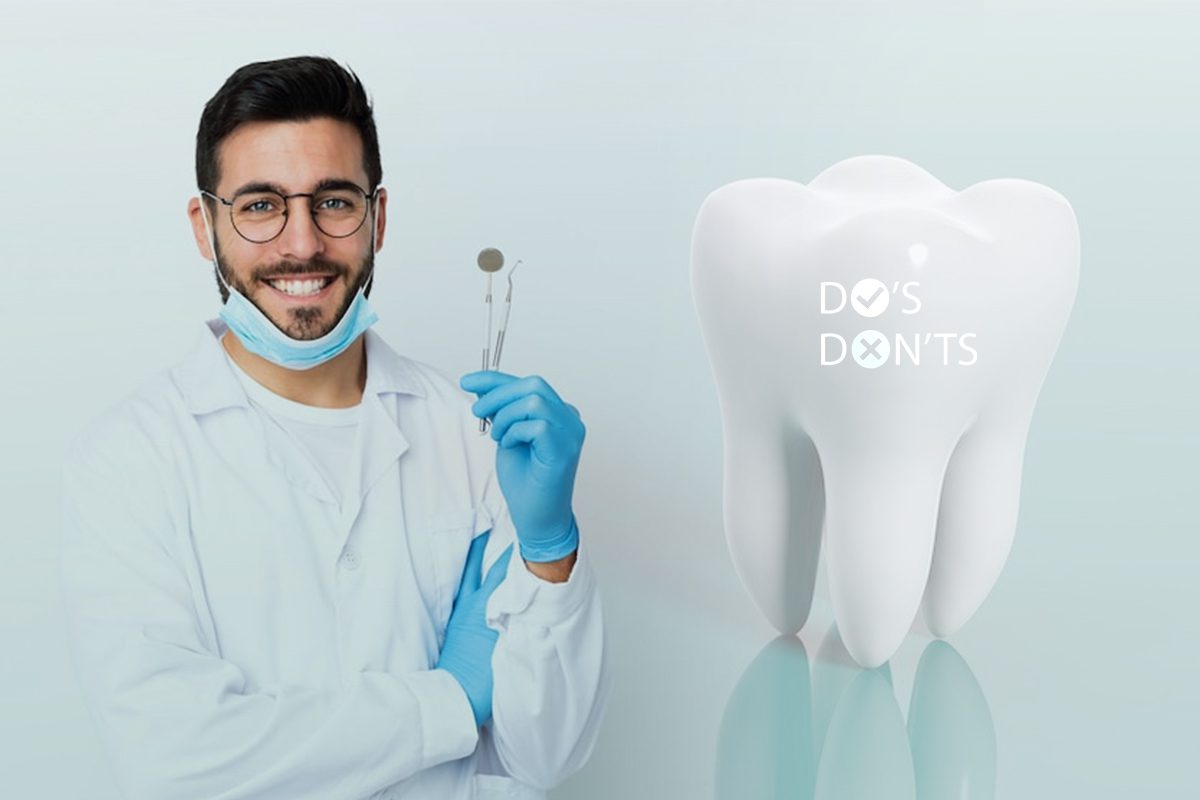In communities around the world, oral diseases pose a serious health threat. Unfortunately, Europe has staggering regional disparities when it comes to oral health. Dental caries affect between 0.5 and 3.5 teeth per person on average. Nearly 100% of adults have suffered from this disease. Toothlessness and tooth decay account for just a fraction of this rate.
In cities of Europe like Belgium, poor dental health due to factors such as income inequality, geographic circumstances, and limited access to health care are prevalent.
Due to this, the overall number of dental practitioners has seen a sharp increase in the number of practising professionals in the European Union.
Let’s take a look at common dental problems and treatment options addressed by Dental clinics in South Antwerpen.
List of Dental Problems in Belgium
Tooth Decay
Dental caries or dental cavities are other names for tooth decay. Dental caries or cavities are the most common tooth decay problems dentists see in patients. Almost everyone has experienced tooth decay at one time or another.
Plaque, a film formed by bacteria on the surface of the teeth, causes tooth decay. Food sugars create acids that cause tooth decay.
Enamel, or the outer layer of a tooth, is permanently destroyed by acids. The acids then attack the softer layer of dentin below the enamel.
Cavities and holes in your teeth can result from this breakdown of the tooth. Additionally, it can cause toothaches, particularly when you eat or drink something hot, cold, or sweet.
Other signs of tooth decay:
- Poor breath
- Having dark spots on your teeth
- Your mouth tastes unpleasant
The treatment for tooth decay begins by assessing the extent of your decay and recommending a course of action. Fillings, crowns, and root canals may be the prescribed course of action. Dental implants or dentures may be selected in place of extractions.
Halitosis
One of the most common dental problems is bad breath, also known as halitosis. This problem is also the most upsetting and embarrassing.
Several different factors can cause bad breath, including:
- Poor oral health
- Xerostomia
- Medication
- Cancer
- Acid reflux
- Infection
Your halitosis could also be caused by one or more foods you eat. The most common culprits are garlic and onion.
Considering how diverse the causes of bad breath are, your dentist in Belgium will conduct an in-depth evaluation and prescribe a course of action that best fits your needs.
An eroded enamel
The gradual development of enamel erosion can cause teeth to turn discolored or rounded. It is caused by long-term excessive consumption of sugary and acidic foods (such as sodas and sweets) over a while. One rare cause is not brushing your teeth enough, too often, or too hard.
Enamel eroded teeth can be very sensitive, weaker, and susceptible to cracks, chips, or cupping. Loss of enamel can’t be restored with enamel erosion. It is possible to reduce the amount of sugary and acidic food. You can also use toothbrushes made of softer bristles. You can also enhance the appearance of teeth by using dental veneers.
Gum Disease
A gum or periodontal disease in its early stage is called gingivitis. Plaque buildup in the mouth causes this bacterial infection. There are symptoms such as swollen, red, and bleeding gums. Additionally, you may experience bad breath and pain in your teeth when you chew.
Poor brushing techniques and skipping toothbrushing can cause gum disease. Crooked teeth, too, can make brushing difficult. Smoking, pregnancy, and diabetes are also risk factors.
The most important fact to remember is that gingivitis may not feel painful, so you might not notice it. Regular dental checkups are therefore recommended to avoid dentist emergencies.
An effective method for treating gingivitis is to have your dental health professional conduct a thorough cleaning. The best way to prevent it from returning is to brush twice daily and floss every day.
Periodontitis
If left untreated, gingivitis may progress to periodontitis. This happens when the gums become infected. These infected areas can also cause damage to bone and tissue, which can result in the loss of teeth.
Periodontal treatment for periodontitis can include the application of topical antibiotics or referral to a periodontist (a specialist in treating gum disease).
Broken or cracked teeth
These are the most common reasons for teeth cracking or breaking:
- Injuries
- Chewing hard foods
- Mouth piercings
- Teeth grinding while sleeping
Depending on the extent of the damage, a cracked or broken tooth can be painful. Regardless of how severe you believe the crack or chip is, you should see a dentist as soon as possible to have it inspected and fixed.
There are a number of dental solutions available for fixing this problem, including using veneers, crowns, and tooth-colored fillings.
Conclusion
When you experience these dental problems, your self-confidence, health, and quality of life can suffer, so it’s best to get checked by a professional endodontics mortsel.
Feel free to contact Euro-Dent if you notice indications of these common dental problems.



